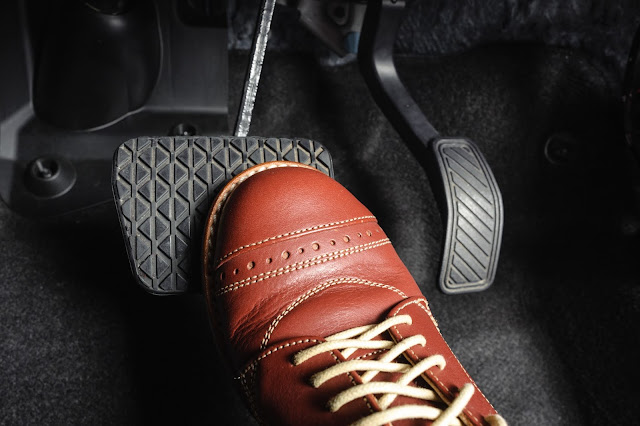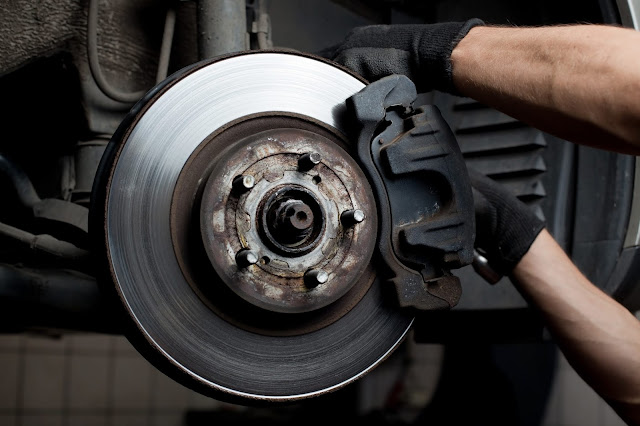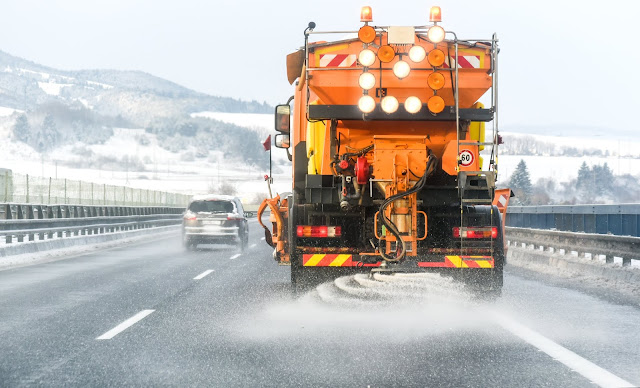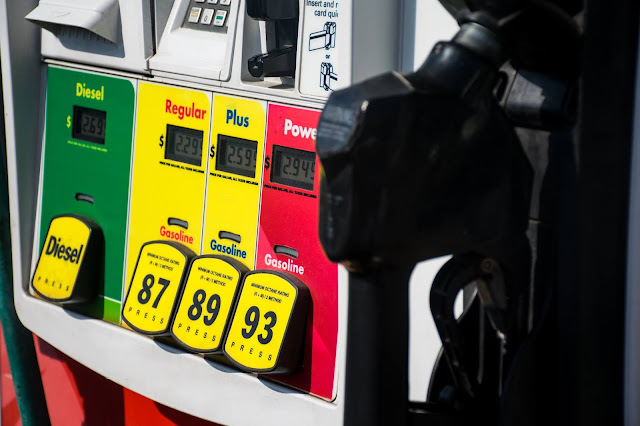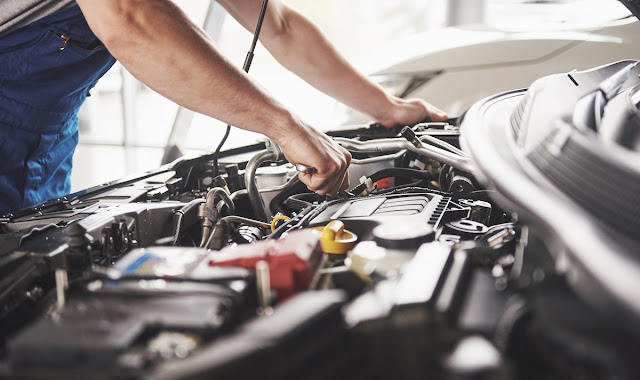Driving in the snow: What you should know
Tip #1: Slow down your car.You'll want to slow your car's speed when driving in the snow - that's probably our TOP Orlando Toyota tip. Snow makes the roads slippery, which makes it harder for your vehicle to retain traction no matter what type of tires or tire traction devices you have on. Slowing down helps you better keep control of your vehicle, especially when you're doing things like changing lanes or making turns.
Tip #2: Leave more space between your vehicle and other cars
Leave some extra space between your vehicle and other cars when driving in the snow. You'll want more time and space to bring your car to a stop or to get out of the way if the person in front of you suddenly loses control.
Tip #3: Don't make sudden movements.
Making sudden movements when driving in the snow is a big mistake. We're talking slamming on the brakes, hitting the gas hard, jerking the steering wheel, etc. All of these sudden movements can cause your car to lose traction and your wheels to spin out, which makes you a lot more likely to get into an accident. Take it from our Orlando Toyota dealership - turn your wheel and hit the gas and brakes slowly and evenly.
Tip #4: Make turns carefully.
Just like you don't want to jerk the wheel when driving in snow, you also don't want to take turns too quickly. This can cause your back wheels to slide out from under you, which can result in a collision. Take turns very slowly and carefully.
Tip #5: Think before you take on a hill.
Driving up hills in the snow is tricky. You don't want to accelerate too much because you can lose control of your car when you reach the top. You don't want to move too slowly or come to a stop on a hill because you may find yourself sliding back down. The trick is even speed all the way to the top and no sudden acceleration, braking, or turning.







